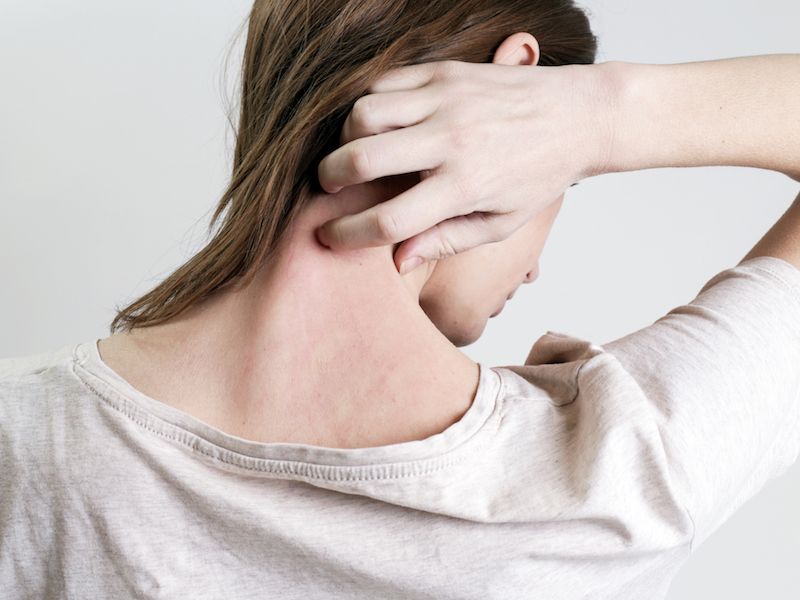The word psoriasis usually recalls recollections of people with skin problems like the ones on all those advertisements. Psoriasis goes beyond skin issues and really affects your overall health. Psoriasis is frequently misunderstood and minimized, due to a lack of knowledge of how psoriasis impacts sufferers as well as the serious conditions that can be related to this disorder. Psoriasis causes reactions throughout the whole body even though skin plaques are the most familiar sign: Continuous inflammation that can raise the risk of metabolic disorders and cardiovascular disease.
Psoriasis is also linked to another concern according to a different recent study: Hearing loss. Published in The Journal of Rheumatology, The link between hearing impairment, psoriatic arthritis, and mental health were evaluated in this study. Psoriatic arthritis is a type of psoriasis where inflammation is centered near the joints, causing inflammation, difficulty moving, and discomfort. The tell-tale plaques may not be experienced by people who have psoriatic arthritis.
In the same way as with rheumatoid arthritis (and similar to psoriasis), psoriatic arthritis is an autoimmune illness, the sufferer’s body is essentially attacking its own healthy tissue. But as opposed to rheumatoid arthritis, you could have psoriatic arthritis on only one knee because it’s asymmetrical, and that aside from joints, it frequently impacts sufferer’s nails (bringing about painfully swollen toes and fingers) and eyes.
Based on the findings of this recent study, hearing might also be affected by psoriatic arthritis. A significant control group of people with neither psoriasis or psoriatic arthritis were contrasted against people who had one or the other condition. They found that hearing impairment was more likely to be documented by the group that had psoriasis, and those reports were supported by audiometric screening. Even when other risk considerations are considered, psoriatic arthritis sufferers were significantly more prone to suffer from loss of hearing than either {psoriasis sufferers or the control group}.
But that’s not to say there’s no connection between psoriasis, psoriatic arthritis and hearing loss. A 2015 study discovered that there is a substantially higher risk, for people with psoriasis, of getting sudden sensorineural loss of hearing, also known as sudden deafness. The ability to hear diminishes substantially over three days or less with sudden sensoroneural hearing loss. There are many possible causes for this, but scientists hypothesize that people with psoriasis are in greater danger due to the kind of quick inflammation that happens during a flare-up of psoriasis symptoms. If this occurs in or near the cochlea, it could impede hearing. In many cases, treatments that alleviate psoriasis symptoms may be used to deal with this kind of hearing loss, but hearing aids are often recommended when other treatments don’t seem to be helping.
If you have psoriasis or psoriatic arthritis, it’s essential to observe your hearing. Schedule regular hearing tests along with your yearly health-care checkups. The inflammation from these diseases can lead to injury of the inner ear, which can lead to loss of hearing and problems with balance. Psoriasis and psoriatic arthritis are both also linked with depression and anxiety, both of which can be additionally aggravated by hearing loss. Other health issues, including dementia, can be the result if you don’t detect loss of hearing early.
With early treatment, you can stay ahead of the symptoms by getting your hearing checked regularly and cooperating with your doctor, awareness is essential. Neither hearing loss nor psoriasis should influence you to compromise your standard of living, and all the difference is having the correct team by your side.





